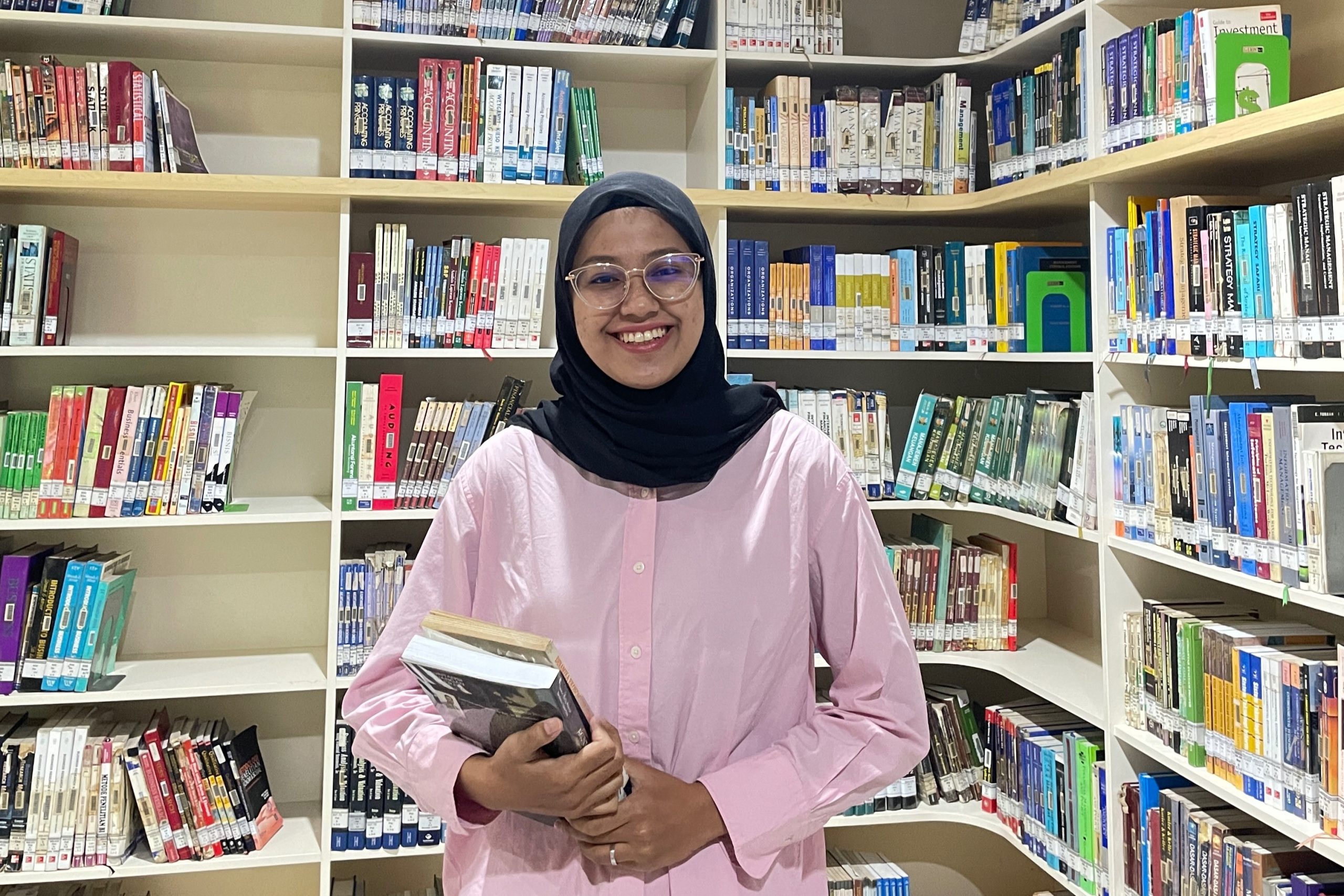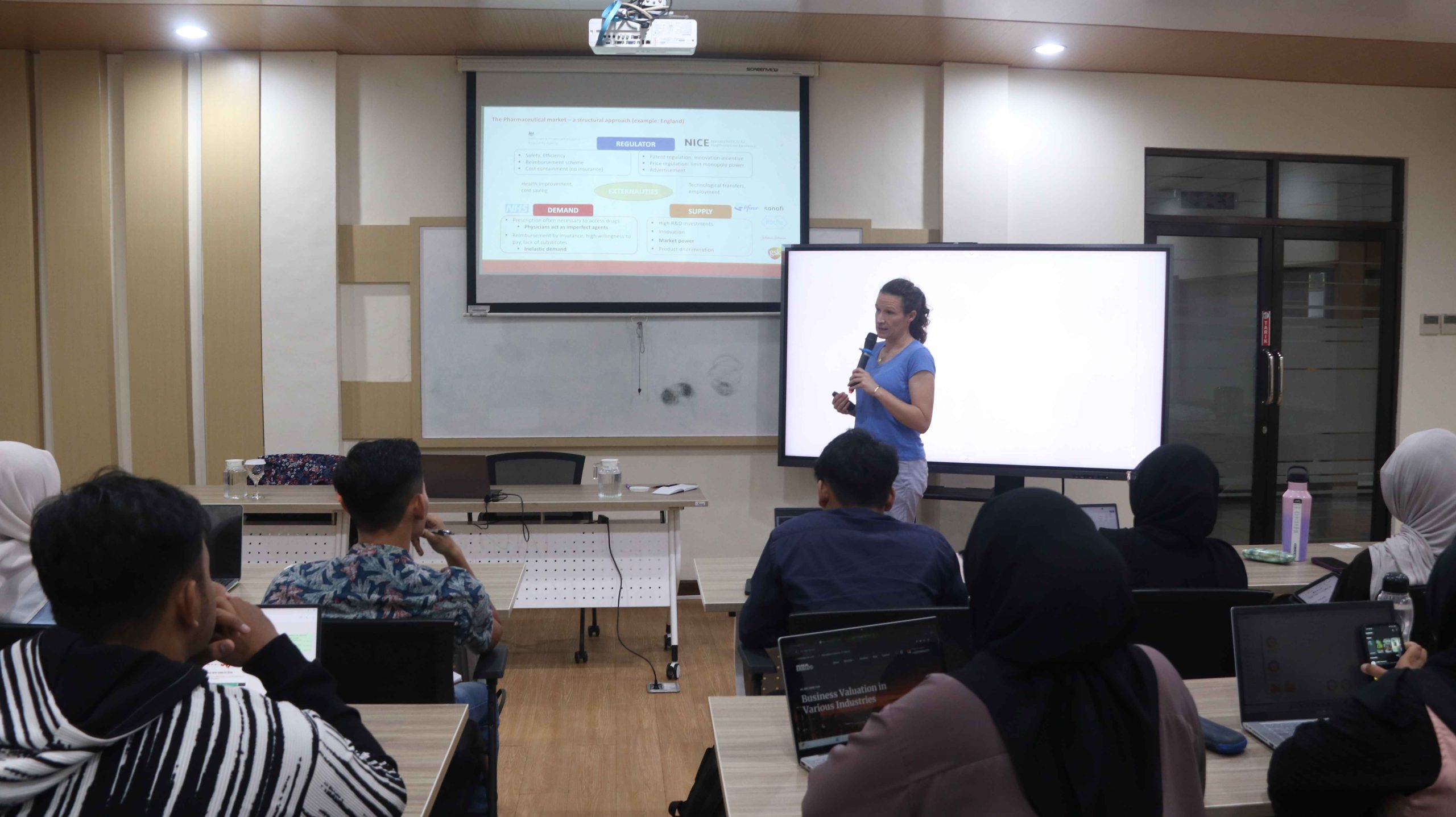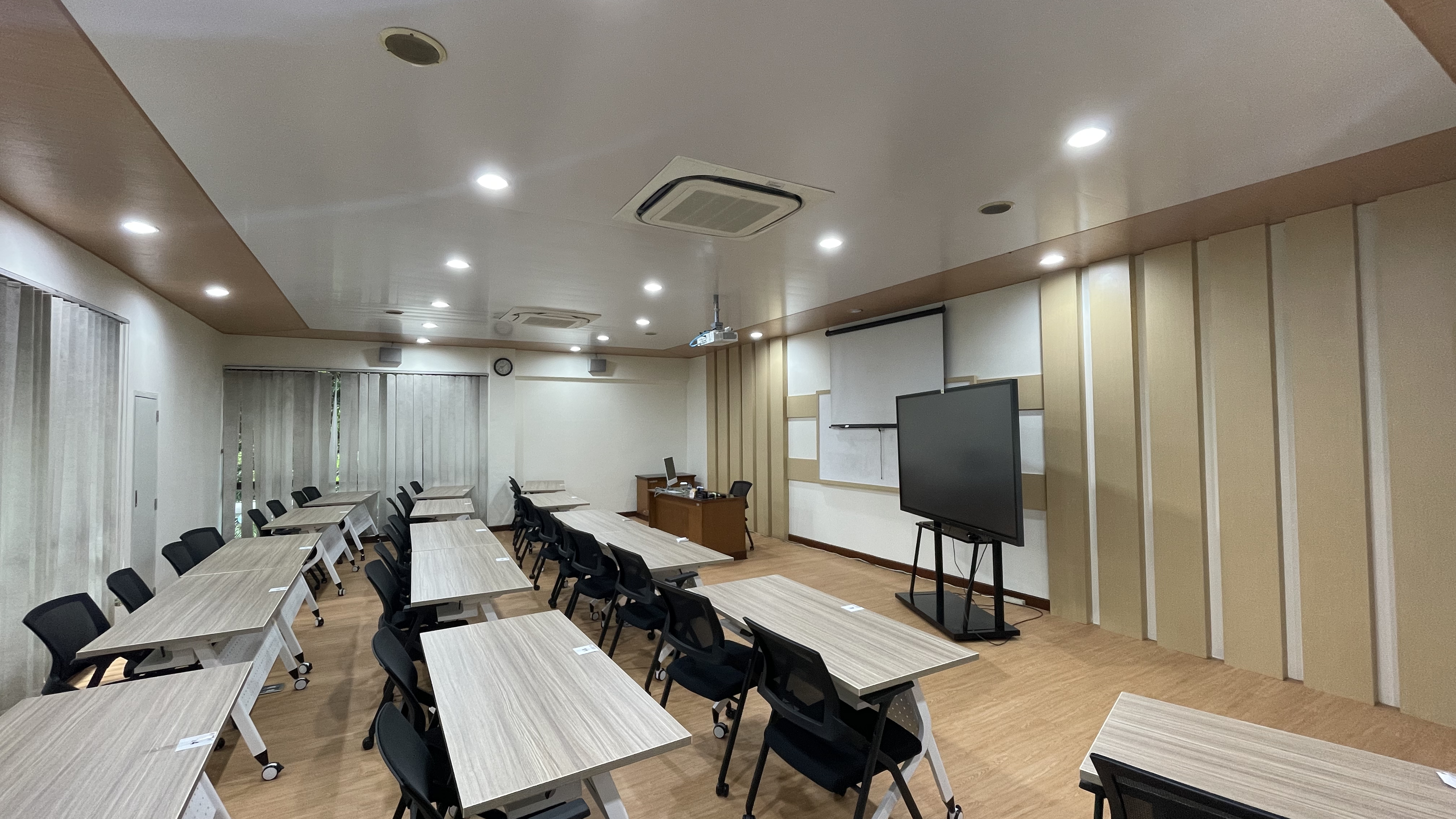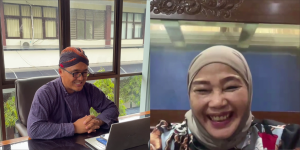The Master in Development Economics, Faculty of Economics and Business, Universitas Gadjah Mada (MEP FEB UGM) is a two-track professional master program. MEP FEB UGM was officially established based on the Decree of the Director General of Higher Education (Dikti), Department of Education and Culture (Depdikbud) of the Republic of Indonesia, No. 358/DIKTI/Kep/1995, dated August 16, 1995. Furthermore, based on the Decree of the Rector of UGM No. 292/P/SK/HT/2008 dated June 2, 2008, the graduate of MEP FEB UGM is awarded an academic title Master of Economics of Development (M.Ec.Dev.). In addition, MEP FEB UGM has been accredited by the National Accreditation Board for Higher Education, maintaining its “Excellent” accreditation rating as per the Decree of LAMEMBA No. 1170/DE/A.5/AR.10/V/2024, effective from May 1, 2024 to May 1, 2029. Not only the national accreditation, MEP is now also internationally accredited by the Association to Advance Collegiate Schools of Business (AACSB).
MEP FEB UGM always tries to instill noble values that are the basis of its activities as an educational institution. In line with this, the vision of MEP FEB UGM is expected to foster commitment and energy as well as provide the best academic standards in contributing to the entire community.
The Vision of the Master in Development Economics Program:
To become a leading graduate school in Southeast Asia which provides intellectual contribution through learning and research in applied economics for the welfare of the society.
The Mission of the Master in Development Economics Program:
Developing leaders with integrity who understand economic theory and are able to apply the theory in the advancement of the knowledge and solving the real problems in economic development.
The Objectives of the Master in Development Economics Program are:
- To provide excellent postgraduate education in applied economics to produce graduates who are superior and competent with distinct character.
- To organize advanced policy research that excels in evidence-based applied economics to influence Indonesia in a better direction.
- To organize executive workshops, training, technical assistance, and dialogue so the decision-makers can take evidence-based policies to improve community welfare.
- To organize fair, transparent, participatory, and accountable governance to achieve efficiency and continuous improvement of human resources.
- To collaborate in creating a sustainable added value and policy impact.








